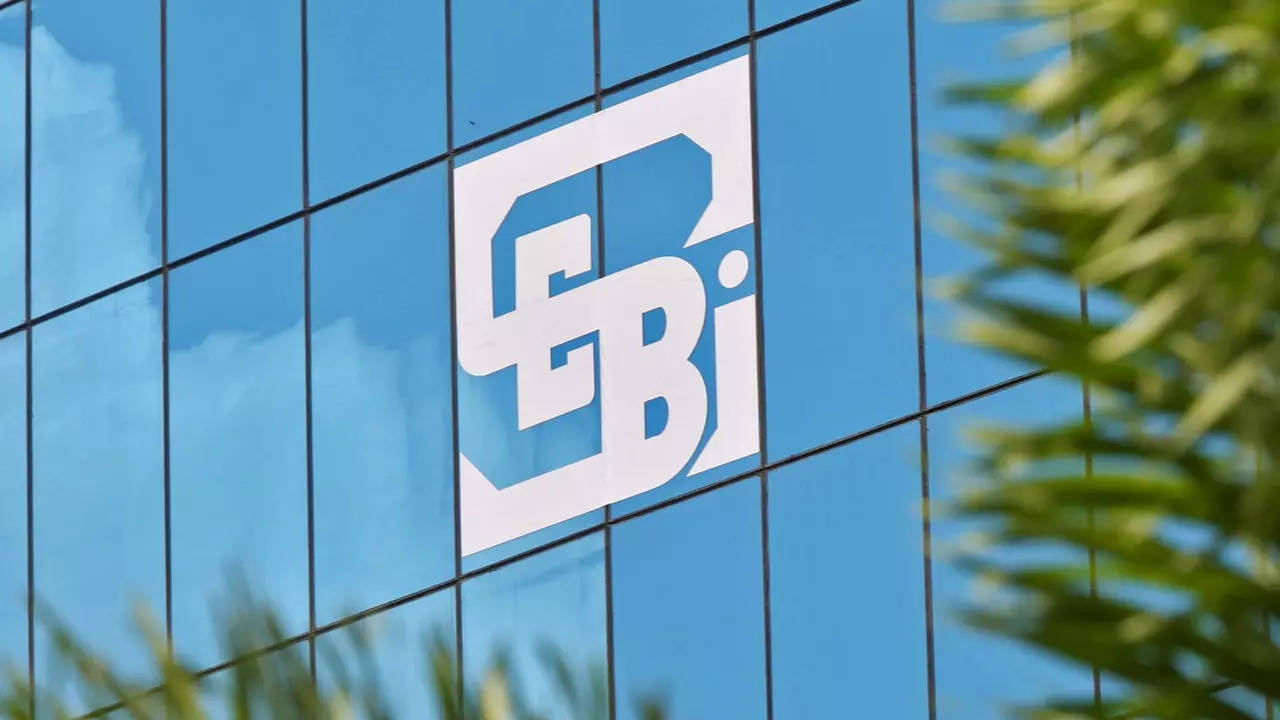[ad_1]
MUMBAI: India’s markets regulator, the Securities & Exchange Board of India(Sebi), is tightening its oversight of platforms meant for tiny businesses, a segment that’s more prone to manipulation due to fewer compliance requirements.
Bourses operated by BSE Ltd and its larger peer the National Stock Exchange of India Monday extended their short-term surveillance rules to cover firms listed on their small and medium enterprises (SME) platforms. The decision was taken after a surveillance meeting of exchanges and the Securities & Exchange Board of India.
The regulator has been concerned about the greater possibilities of stock-price manipulation in the SME segment, which has been luring a lot of retail interest in recent months. While India’s major equity gauges have hit all-time highs, the 63-member SME IPO Index continues to outperform, surging about 1,900% since the end of 2019, compared with a 59% gain for the BSE Sensex Index.
The surveillance framework, first implemented by the exchanges in 2018 for shares listed on the mainboard, is aimed at safeguarding investors’ interest. It includes measures such as reduction in price bands, higher margins, transfer of securities to trade-to-trade group — a category where settlements must be backed by immediate delivery to curb speculation.
About 135 SME firms have made their trading debut this year and 20 more are in the offing, data on exchange websites show.
Bourses operated by BSE Ltd and its larger peer the National Stock Exchange of India Monday extended their short-term surveillance rules to cover firms listed on their small and medium enterprises (SME) platforms. The decision was taken after a surveillance meeting of exchanges and the Securities & Exchange Board of India.
The regulator has been concerned about the greater possibilities of stock-price manipulation in the SME segment, which has been luring a lot of retail interest in recent months. While India’s major equity gauges have hit all-time highs, the 63-member SME IPO Index continues to outperform, surging about 1,900% since the end of 2019, compared with a 59% gain for the BSE Sensex Index.
The surveillance framework, first implemented by the exchanges in 2018 for shares listed on the mainboard, is aimed at safeguarding investors’ interest. It includes measures such as reduction in price bands, higher margins, transfer of securities to trade-to-trade group — a category where settlements must be backed by immediate delivery to curb speculation.
About 135 SME firms have made their trading debut this year and 20 more are in the offing, data on exchange websites show.
[ad_2]
Source link


